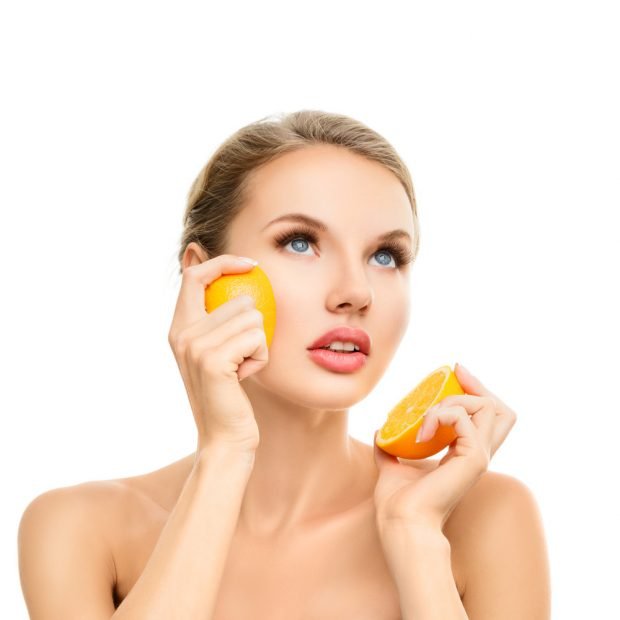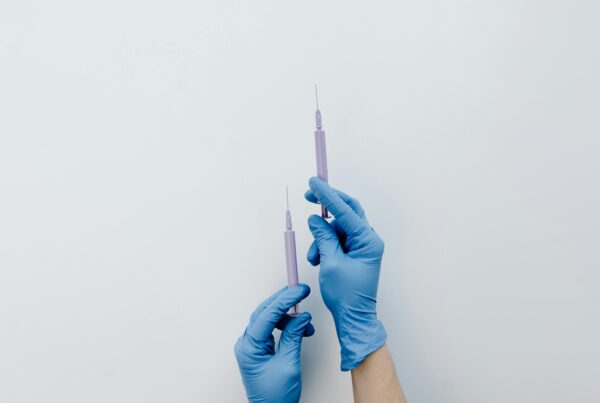It is no secret that many people struggle to maintain glowing dewy skin during the colder months. As winter starts to roll in, the chances are high that many will experience some uncomfortable skincare concerns due to the change in elements, with two of the most popular ones being tight, rough skin and dry lips.
Our skin barrier takes extra strain with the winter weather, which is exacerbated by the wind and the constant fluctuation in temperature between heated indoors and the colder environment outdoors.
Winter Skincare Tips
1. Take advantage of professional skincare treatments
During the summer months, there is an increased risk of damage from sun exposure before or after procedures like peels, Dermapen, and laser treatments. Sun exposure after these treatments could lead to post-inflammatory hyperpigmentation, therefore winter represents a great opportunity to get these treatments done.
The best time to start a depigmenting programme or treatment regime is during the winter months, after the increased UV exposure during the summer months. This will not only help to reduce unwanted marks, but also provide a more even skin glow in time for summer.
 Dermapen is a great tool, especially when combined with a retinol at the time of treatment, to help lighten and break up pigmented marks. Other benefits include collagen and elastin stimulation, which will help to reduce the appearance of fine lines and wrinkles. It will also increase hydration, improve skin elasticity, and provide a healthy skin glow.
Dermapen is a great tool, especially when combined with a retinol at the time of treatment, to help lighten and break up pigmented marks. Other benefits include collagen and elastin stimulation, which will help to reduce the appearance of fine lines and wrinkles. It will also increase hydration, improve skin elasticity, and provide a healthy skin glow.
2. Moisturise, moisturise, moisturise
During winter, skin loses moisture at a much faster rate, leading to the weakening of the protective top layer. You may find yourself having to apply moisturiser more often to maintain the same comfort level.
If you feel a slight sensitivity or dryness throughout winter, I would recommend adding a hyaluronic acid-based serum to both your daytime and night-time routine. Both ceramides and hyaluronic acid help to repair and protect the skin barrier, which ultimately leads to more hydrated and less inflamed skin.
3. Don’t forget your sunscreen
Just because it is winter, it does not mean that SPF should be skipped. However, even during the winter months, the levels of UVA beaming down will still cause damage to the skin. UVA rays can also initiate skin cancer, so it is imperative to avoid them.
Wearing sunscreen all year round will decrease the chances of getting fine lines, wrinkles, discoloration, and even skin cancer.
I would advise my patients to get a sunscreen that is broad-spectrum. This will protect you from both UVA and UVB rays.
4. Add vitamin C to your regime
Vitamin C is a great addition to your skincare routine not only during the colder months but, throughout the year. How so? Well, the skin gets attacked by free radicals which cause sun spots, the breakdown of collagen, and premature fine lines.
To prevent damage, apply a vitamin C formula as the first layer in the morning before layering on heavier products.

Avesun/Shutterstock
Vitamin C helps to increase our skin’s natural SPF, and lighten pigmentation. It also helps block the enzyme (tyrosinase) responsible for making more pigment. The added antioxidant effects will further help to reduce pollution damage and help protect and repair the skin barrier. All of this leads to more radiant, healthy, glowing skin.
5. Avoid harsh cleansers
Be sure to toss any face washes with dry ingredients. Replace ingredients like fragrances or additives in favor of ingredients formulated with chamomile or oatmeal. It is important to protect your skin barrier during the colder months in order for it to retain moisture. The rule of thumb is to change your cleanser if your skin feels dry and tight after cleansing it, as it has comprised your skin barrier.
A really gentle cleanser, like LAMELLE Serra Cleansing Gel or IS CLINICAL Cleansing Complex, is a great option that won’t strip skin of its natural oils, which are needed to protect overall moisture.
Want to know more?
You may think it’s only a spring/summer beauty staple, but sunscreen should be used all year round, including in winter. Sunscreen protects you against sunburn, premature skin aging, and wrinkles as well as skin cancer. So how does it do it? We’re exploring the science behind sunscreen and some of the best ingredients in these products.





![women [longevity live]](https://longevitylive.com/wp-content/uploads/2020/01/photo-of-women-walking-down-the-street-1116984-100x100.jpg)










